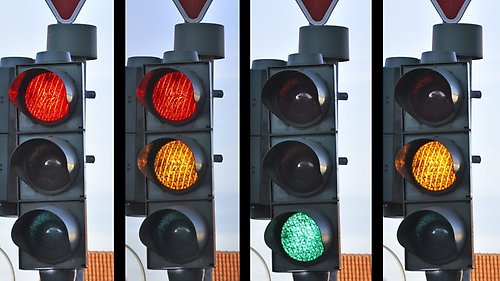On AI and assessment
On 30 November 2022, the company OpenAI launched ChatGPT in an openly accessibly version for a limited period. Neither this tool, nor other similar, so-called generative AI tools are new, but it appears to have been in connection with this launch that awareness of the technology and its potential truly hit home within higher education globally.
The tool’s ability to generate well-written, longer texts containing (at times) entirely correct answers to the questions posed could have huge consequences for how we assess our students. These pages aim to provide concrete tips and advice for how to prevent and detect AI-related attempts at deception during examinations.
They therefore have a consciously narrow perspective on AI, which is a much broader and multifaceted field. It is important to remember that AI may prove in time to be a valuable teaching tool for both teachers and students. A broader approach to AI, teaching and assessment, where the focus will shift to teaching and learning and to how AI can be used productively in teaching, will be pursued during the spring term of 2024.
About ChatGPT and similar tools
Read about the basic principles behind how these systems work, what limitations they currently have and how they are likely to develop. Some of the risks of AI in connection with assessment are also outlined here.

Communicate with students about AI
Learn more about a number of concrete proposals for working methods that make it less attractive to attempt to cheat in connection with an examination. Here we've even included ideas on how AI might be used for teaching.

Hinder and detect prohibited use of AI
Here are a number of concrete suggestions for working methods that make it less attractive to try to cheat in connection with examinations.

More information about AI and assessment
Here are links to in-depth material and articles, for those who want to know more about the use of AI in higher education.

About the text
The text has been written, at the Deputy Vice-chancellor's request, by Mats Cullhed at the Unit for Academic Teaching and Learning, mats.cullhed@uu.se. A reference group has contributed with some text, suggestions, comments and corrections. University members of the reference group have been Beáta Megyesi, Christian Sköld, Cilla Häggkvist, David J.T. Sumpter, Emma Lundkvist, Heléne Andersson, Sonja Bjelobaba, Thomas Nygren, Ulrika Svalfors och Åsa Kettis. Anton Sánchez Sulejmani, chair of Uppsala Student Union, has served as student representative. English translation by Luke Halls.
